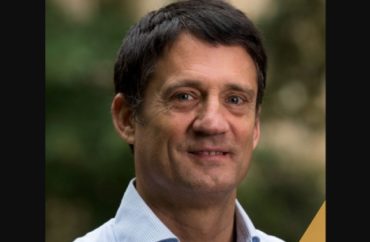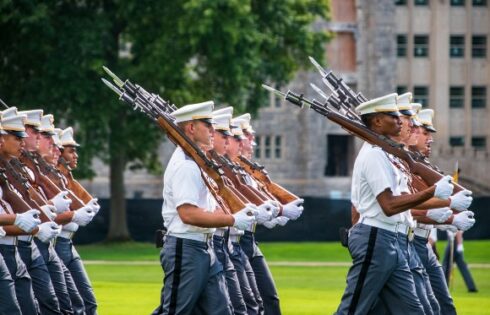
Professor debunks claim that anti-DEI laws will stop the teaching of true history
Laws that place limits on “diversity, equity and inclusion” in school curriculum do not actually prohibit the teaching of racism throughout history, according to a University of North Carolina history professor.
“The laws have been portrayed in the media as measures that would prevent teachers from teaching ‘divisive concepts’ or lessons that would cause ‘discomfort, anguish or guilt,’” Professor Fitzhugh Brundage wrote in The Conversation.
But teachers do not need to fear reprisal for teaching about racism, he wrote.
“I don’t believe teachers have as much to worry about as many may think. Some observers have posited that the wave of new education laws will have a chilling effect on how history is taught,” he wrote. “But a close look at these laws shows that they are generally written so broadly that they can’t effectively stop teachers from teaching history in a way that’s fair, accurate and true.”
Professor Brundage (pictured) wrote that teachers are still free to discuss how slavery, cotton and tobacco were all “major components of the economy before the Civil War,” though he thinks teachers should tell students the “free market was largely dependent on the violence and forced labor that slavery involved.”
But Brundage made a good point when he wrote that a teacher could have a discussion about whether the Pledge of Allegiance’s promise of “liberty and justice for all,” has been held up throughout American history.
He wrote:
For instance, when Patrick Henry reportedly exhorted his fellow Virginians “Give me liberty, or give me death!” in an effort to persuade them to declare independence from Great Britain, he was himself a slaveholder. So were most of the signers of the Declaration of Independence, which famously describes liberty as an “inalienable” God-given right.
It is completely fair to discuss how the views of early American leaders conflicted with their slaveholding – this is a discussion worth having. In the future, students might study how our current leaders said one thing but acted another way, such as how our professed Catholic president supports the abortion of babies through all nine months of pregnancy, the mutilation of gender-confused children and how he oversaw a Department of Justice that continues to harass Christians and pro-lifers.
Even Florida’s much maligned “Stop WOKE Act” offers opportunities to talk about race and history, the historian noted.
For example, the new law “requires teachers to educate students about the sacrifices that veterans and Medal of Honor recipients have made for democracy. This serves as a great reason to teach about formerly enslaved men – including those who were awarded the Medal of Honor – who joined the Union army and helped defeat the Confederacy,” the UNC historian wrote.
While he discusses “leeway” and “loopholes” in the law, a better understanding would be that these education laws put reasonable guidelines on instruction while still ensuring American history is taught – the good, the bad and the ugly.
He concluded that “based on how the laws are being written, there are still plenty of ways for teachers to tackle difficult subjects, such as racism in American society.”
MORE: Professor accused of bias for teaching both sides of border wall debate
IMAGE: Organization of American Historians
Like The College Fix on Facebook / Follow us on Twitter







Please join the conversation about our stories on Facebook, Twitter, Instagram, Reddit, MeWe, Rumble, Gab, Minds and Gettr.